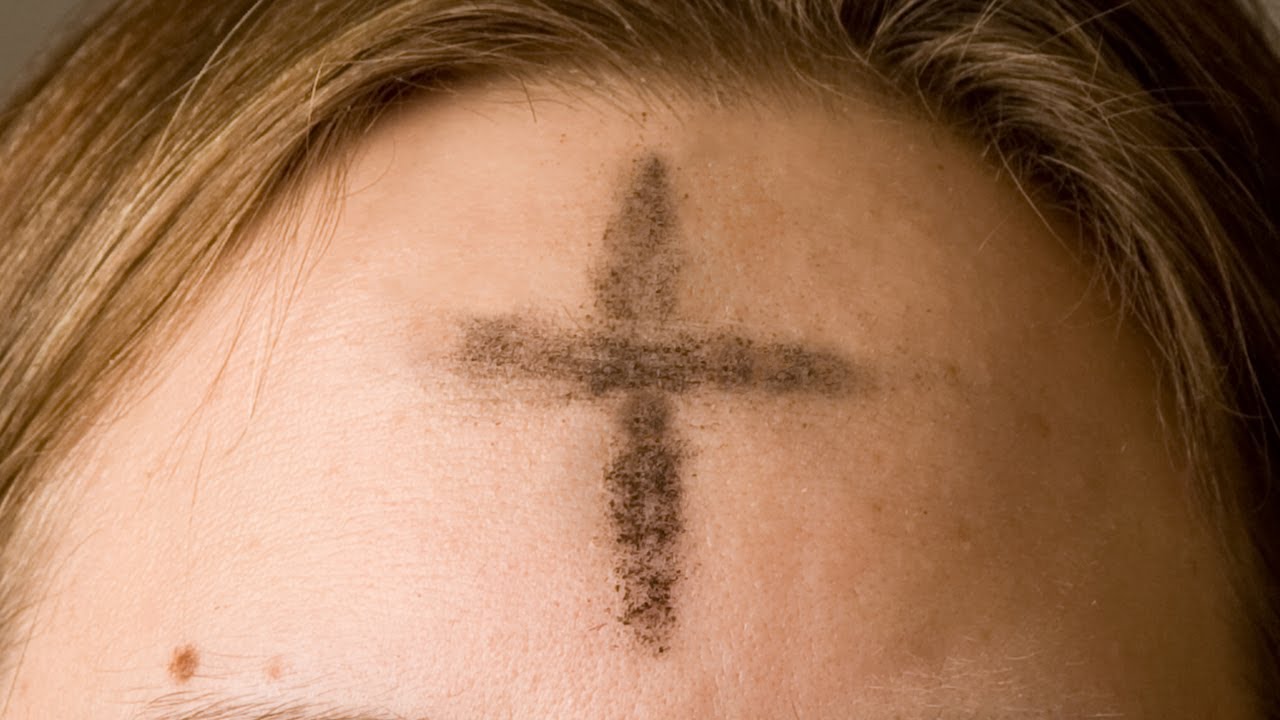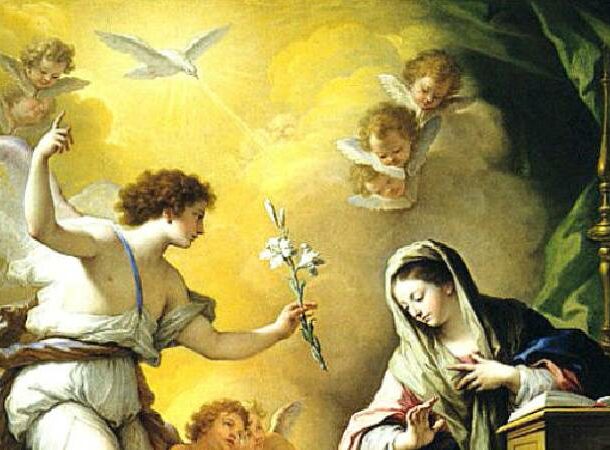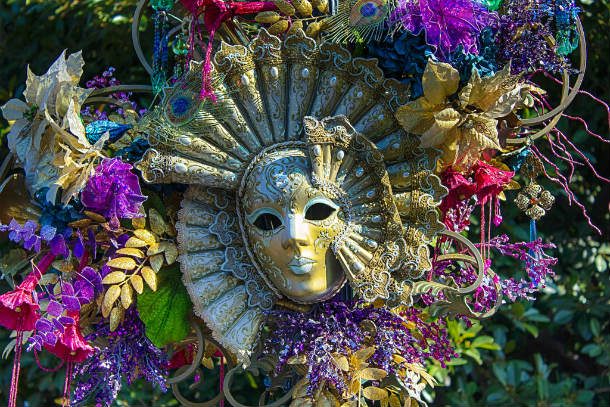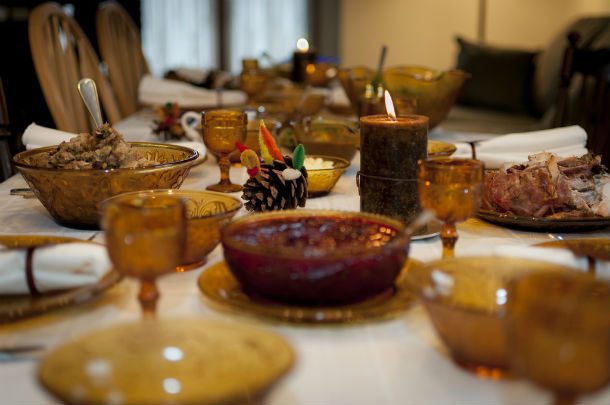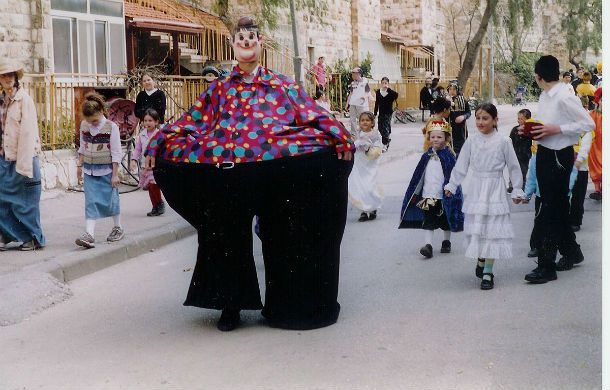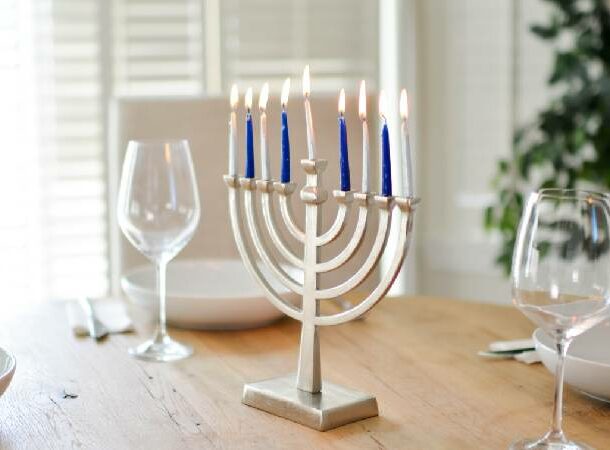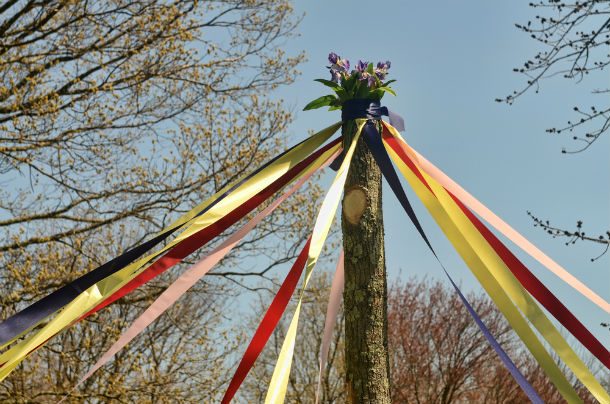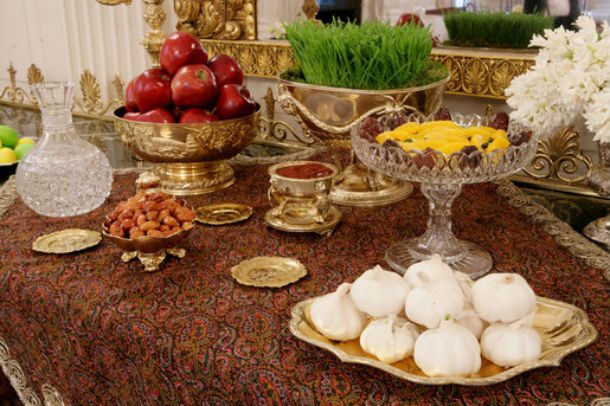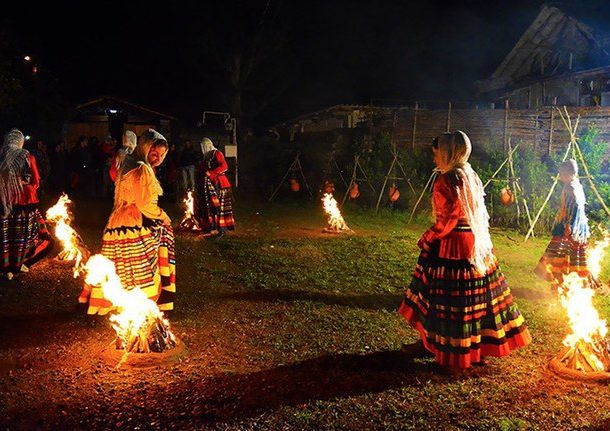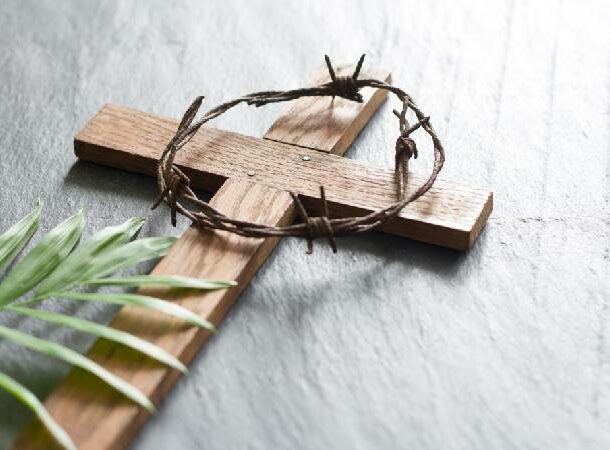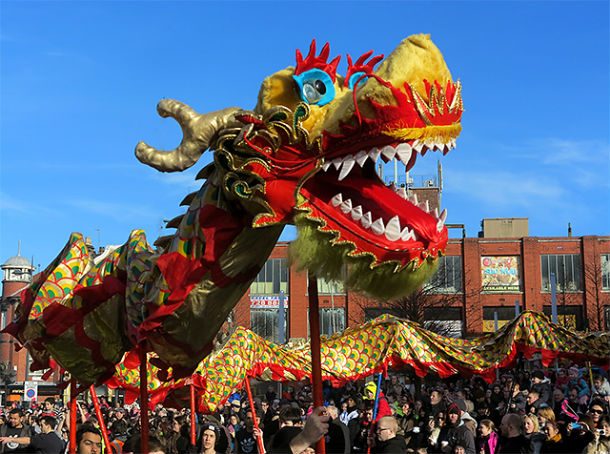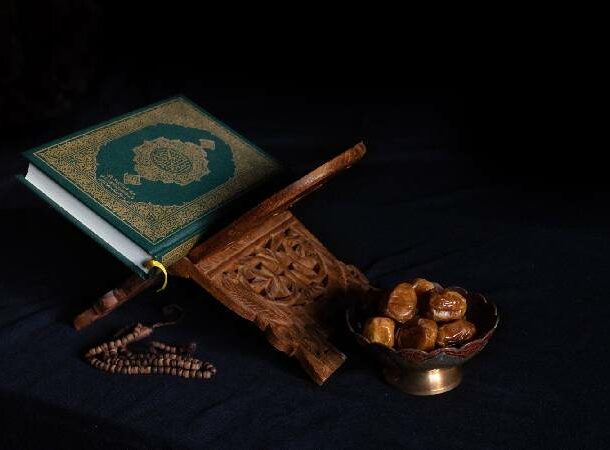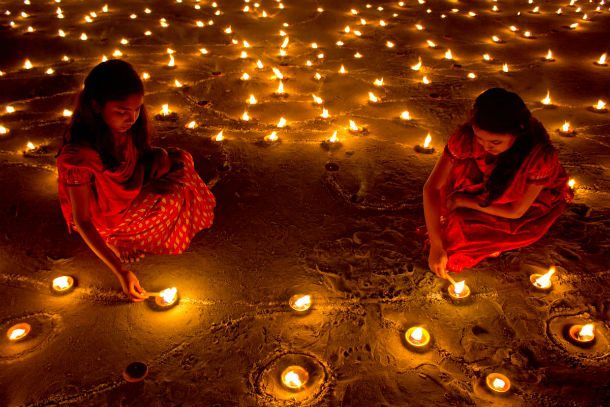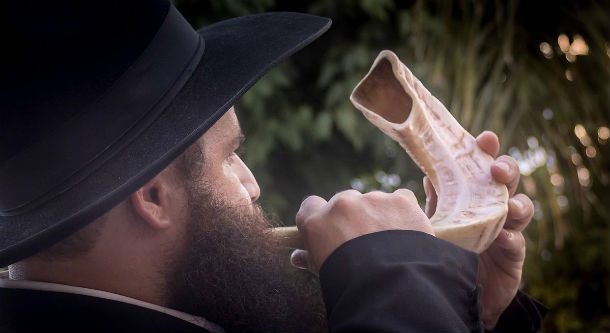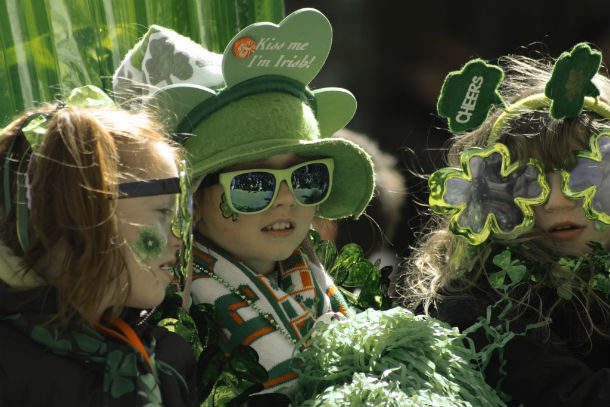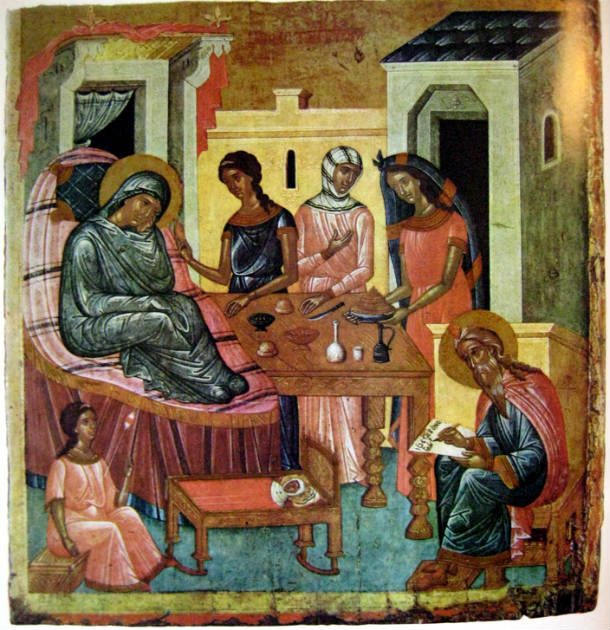Here are 25 popular holidays with surprisingly pagan origins.
While there is some debate, many historians tell that pagans celebrating the winter solstice would decorate their houses with evergreen trees and mistletoe. Christmas is a celebration of the birth of Christ, even though scholars will tell you he probably wasn’t born around this time. However, pagans celebrated the sun god, Odin, during this time. The celebrations in honor of Odin were easy to transfer and refocus on the birth of Jesus. Also, while Santa Claus isn’t focused on in many Christian circles, it’s interesting to note that Odin is often shown as a big chubby dude with a white beard and flowing coat. Sound familiar? The colors green and red along with the singing were also part of pagan traditions. There’s also the story of Queen Semiramis and her son Tammus. Well get to that when we talk about Lent (Number 10). Basically the date of this holiday was advantageous to early Christians as it provided another opportunity to add Christian theology to a time of pagan rituals and celebration. The name “Halloween” actually comes from the Catholic tradition at this time. The church created “All hallow’s eve” or “allhallowmas” to honor those saints without a specific day already set aside. They chose the date, unsurprisingly, to make it easier to convert pagans at the time. The ancient Babylonians celebrated this change with 11 days of ritual called Akitu. Akitu was held in honor of the victory of the sky god Marduk over the sea goddess Tiamat. Lupercalia was a fertility festival during which young men would draw names from a jar to determine who their ‘buddy’ for the day would be. The pairs of men then took part in rituals involving the sacrifice of dogs and goats to honor the Roman god Faunus, who was believed to be able to help couples procreate. The ritual concluded at sunset with a feast in which masked men (called ‘Luperci’) ran around naked and struck women with strips of goatskin as they sought release from their sexual inhibitions. The Pilgrims shared their food with native American people and celebrated with them as if it were a feast – a true Thanksgiving celebration. This event was one of the few times that Europeans and Native Americans celebrated together during this period. Colonies and states celebrated days of thanksgiving for over two centuries. It was declared a national holiday by Abraham Lincoln in 1863, amidst the Civil War. The Celts would also make noise by banging pots and pans or making animal noises to confuse evil spirits. In addition to being a night filled with mischief and mystery, it was also a night of feasting and drinking! Costumes were often worn and they were thought to be an important part of the festivities because they represented an opportunity for the wearer to be someone else for one night only. As Christianity spread throughout Europe, many elements from pagan traditions were absorbed into what eventually became our modern-day holiday. The tradition of giving gifts goes back to St. Nicholas, who was a bishop in Turkey in the 4th century. Christmas has its origins in both pagan and Roman cultures. The Romans celebrated two different holidays in December. First, there was Saturnalia, which was a two-week festival honoring Saturn, the god of agriculture. Then there was Mithra’s birthday celebration on December 25th. The religious celebrations of Mithra have many similarities to our own and gave rise to what we know of as the modern Christmas. The earliest recorded mention of a birthday celebration is the Bible’s mention of a Pharaoh’s birthday. According to ancient Egyptian tradition, when a pharaoh was crowned, they received god-status and therefore their birthday (or coronation date depending on the source) became a day to celebrate and worship the pharaoh. Later in history, Romans started to celebrate the birthdays of common men. Many Christians didn’t even celebrate birthdays at first as they were considered pagan rituals. It wasn’t until they started celebrating the birthday of Jesus that some Christians took up this tradition. Do you like learning about the origins of things? You might enjoy reading our list on 25 surprising origins of today’s most popular superstitions. The origins of this holiday can be traced back to the festival of Hamaspathmaedaya, which honored the spirits of the dead. This also coincided with the celebrations for the creation of fire and humans. They are also expected to prepare themselves for Easter by asking forgiveness from others they may have hurt during this period. On Ash Wednesday, the priest marks the forehead of those present with ashes from the burning palm branches to symbolize repentance and acceptance of suffering. The church reads from the Bible, Remember man that thou art dust and unto dust thou shalt return. The origins of Ash Wednesday are tied to Pagan rituals that predate Christianity in Europe by at least two centuries. The date of Easter may vary between March 22nd and April 25th, but it’s always observed in late March or early April. The word Easter comes from Eostre, a pagan goddess. What may come as a surprise to some, Easter is originally a pagan celebration honoring spring in the Northern Hemisphere, well before the spread of Christianity. These festivals slowly died out with the rise of Christianity. According to the studies, Mother’s Day can be traced back to the ancient Roman festival. In ancient Rome, Mother’s Day was celebrated with sacrifices and giving gifts to mothers. As Christianity spread across Europe, the church encouraged people to honor their mothers on this day instead of going through with pagan traditions. Earth day is mentioned in our list because some people believe the origins of this holiday to be rooted in the worship of Gaia. In fact, there was court case against Fox Lane High School from a Catholic parent. The parent argued that the celebration of the environmental holiday was a violation of the rights of students who complained it forced a religious devotion upon them. However, the Court ruled that the event does not establish a “New Age” religion. Ramadan is observed by Muslims worldwide as a month of fasting to commemorate the first revelation of the Quran to Muhammad. However, it’s origins may be found in the pre-Islamic Sabaean culture of Arabia. Some believe that Ramadan was originally a fast observed from moon-rise to moon-set in dedication to the moon god. This fast was later adopted by Muhammad who then changed the fast from sunrise to sundown. Understandably, there are objections to this origin. Regardless of these stories, the history of Diwali can be traced back to ancient India, where it was more than likely an important harvest festival. Additionally, according to the books of Exodus and Deuteronomy, this festival has a lot to do with agriculture and gathering of the harvest. Many of the traditions surrounding the gathering of their crops show similarities to the pagan festival held around the same time. It’s also believed that this festival was celebrated at this specific time to keep the Jews from wanting to participate in those pagan festivals, which worshiped the earth and not God. At one point in history, the ancient Jewish nation was living among the Babylonians. The Babylonians had a solar-lunar calendar that was similar to the biblical calendar. The result? Yom Teruah usually fell on Akitu, the Babylonian New Years festival. The conflict that some Jewish historians have is that the current celebration of Rosh Hashanah isn’t the first month of the Jewish calendar. Yom Teruah became Rosh Hashanah to fit in with the then current Babylonian-pagan culture. Some pagans in Ireland use this day as a day to reflect on the lives of the Druids and bards. How? By playing music, listening to stories, and honoring the Triple Goddess. Adult beverages are also consumed, but you can be sure it’s not green beer. While there is some debate, many claim that this holiday was to substitute for pagan celebrations of summer solstice. Many traditions that have transitioned over include the use of special herbs and large bonfires, called St. John’s Eve Bonfires. If you enjoyed learning about Popular Holidays With Surprisingly Pagan Origins. You might also enjoy reading 25 Strangest Holidays That People Actually Celebrate 12. Quinn Dombrowski via flickr, CC BY-SA 2.0, 11. wikimedia commons (public domain), 9. © Copyright William Starkey and licensed for reuse under this Creative Commons Licence, 87. Shutterstock, 5. Khokarahman, Diwali Festival, CC BY-SA 4.0, 3. מינוזיג – MinoZig, Shofar in Rosh Hashanah, CC BY-SA 4.0, 2. jpmpinmontreal via flickr, CC BY 2.0, 1. Shakko, Nativity john baptist, CC BY-SA 3.0
